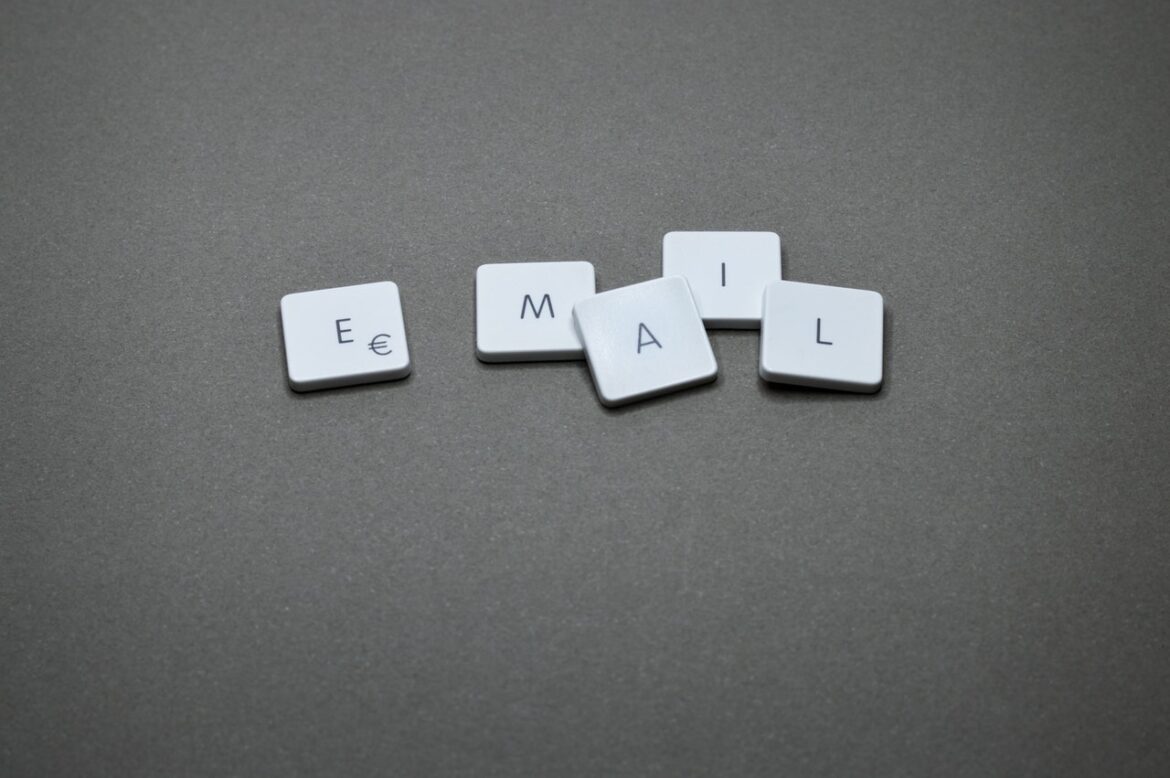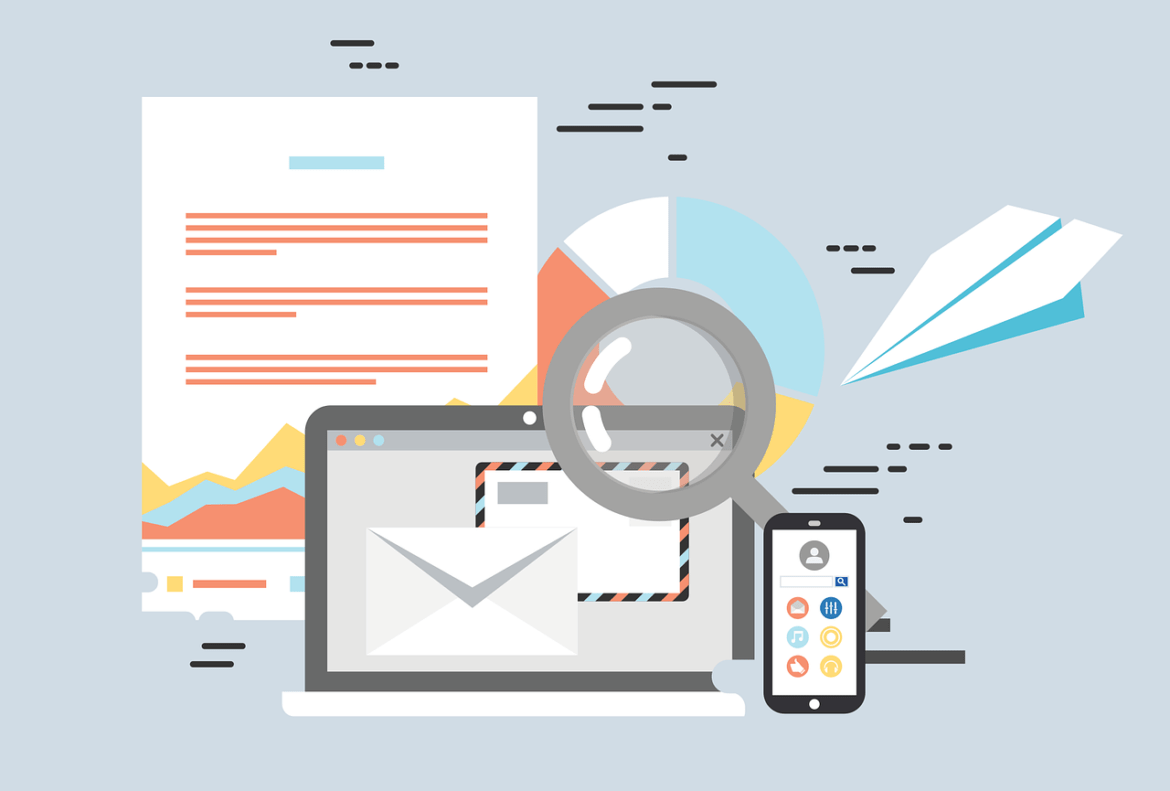In our increasingly digitized world, the business landscape relies less and less on analog solutions with every passing day. What we now call “snail mail” was once the only way to officially communicate via written documents. Now, virtually all businesses use email for important communications. And just as it’s always been extremely important to safeguard physical mail, many types of email encryption for security purposes have become vital for all businesses.
Email Security
Email Security Concepts That Need To Be In Your Email Infosec Policy
Compliance requirements have become more complex because of the continual evolution of security threats and vulnerabilities. Many organizations fail to create an extensive security program to cover their challenges. Emails are one of the most susceptible channels for cyber-criminals to operate. This is why every organization must pay keen attention to email security policies in cybersecurity.
Global business is diverse with a vast array of verticals and industries, yet united by a single channel of communication: email. Choosing the right email security solution can give you a competitive edge. Email is used within every organization for internal and external communication. Although email provides ease with which to collaborate, it also poses a great risk.
Email Security Services: What to Look for in an Encryption Provider
Email has become integrated into everyday life to the point that we take it for granted. In both personal and business contexts, sending and receiving emails is often no more difficult than text messaging a friend or colleague—another innovation that’s become part of the fabric of modern life. But email is especially vulnerable to cyberattacks, which makes email security services especially important for businesses. They’re as vital as security for regular (snail) mail!
There’s a good reason that security standards concerning analog or physical (snail) mail are extremely stringent. Mail can contain sensitive information that criminals can leverage to do serious financial harm to any person or business they’ve targeted. The same is true, and even more so, for email. That’s why email encryption tools are absolutely essential for all businesses that send their mail digitally.
Coming with the numerous advancements in the cyber world is a high level of porosity that bedevils the security of the billions of internet users that exist today. The 2019 Official Annual Cybercrime Report (ACR) predicts that businesses will fall for ransomware attacks every 14 seconds.
Besides texting and social media, email is the communication hub for workers around the world. It enables more efficient communication and scheduling as well as improving organization. Yet, in the chaos of daily operations, it’s easy to overlook the security of email systems. Is your email vulnerable to security threats? Find out our top email safety tips with our comprehensive guide from RSI Security.
One of the most important, yet most overlooked things that users can do to improve their online cybersecurity posture is to use a more secure password. The trouble with picking a solid password that is tough to crack is that it takes a considerable amount of effort and consistency on the part of the user. But staying consistent with this schedule of password configuration is sometimes more difficult than it sounds on paper.
With all of the potential password configurations that you could possibly create at any given time, it can be difficult to find one that will combat the threat of cybercriminals. That’s why we have devised an ironclad, comprehensive guide that you can follow to keep your email account safe for the foreseeable future.
In the last decade, the world of cybercrime has been a growing industry. Per the Official 2019 Annual Cybercrime Report performed by the Herjavec Group, cybercrime is projected to create global costs of $6 trillion, a cost increase of 100% in just five years. In response to this growing and evolving threat, companies have been forced to look for vulnerabilities in their perimeter defenses, and then enact further security controls.
A common theme of such assessments has been that the most exposed area of any company is their email security. So, if you’re looking to revamp your cybersecurity, a great place to start is with your email. To that end, below we’ll discuss the particular threats shoddy email security poses to your business and recommended steps you can take to better protect it, including email encryption.
Read on to find out ways to improve your email security.
Email revolutionized communication, especially at the workplace. Distributing faxes and digging through piles of mail to weed out the unimportant junk are no longer issues. While spam still exists, employees can now categorize emails, block content/senders, and even send out automatic responses. But with this reliance on email comes a responsibility to maintain the integrity of electronically distributed information.
Do you need to send sensitive data through email? Learn about the benefits of email encryption to get started today.








